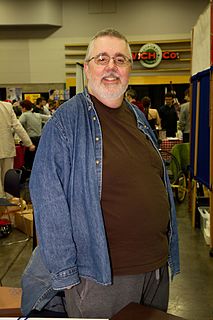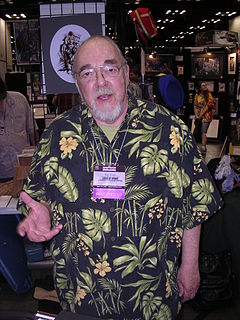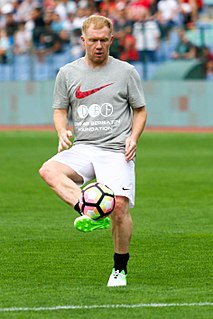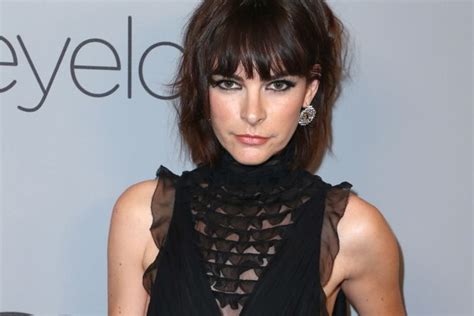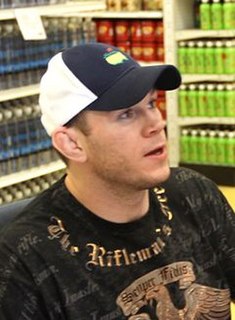A Quote by Kurt Busiek
The reason I quit being a sales manager over twenty years now is because I hate elevator pitches. I want to write stories and show people what's in them when they read them, not tell them all about it ahead of time.
Related Quotes
I also like to use a sensational headline. Many people read blogs in aggregators, which generally show only the headline. So you have to give people a reason to click through. Blogs need to be real and personal. Reading it should be like hanging out with you. I play music for my readers. I show them videos I like. I tell them what I did over the weekend. And I tell them what is happening in the technology, Internet, and VC markets.
You should look ahead now and decide what you want to do with your lives. Fix clearly in your mind what you want to be one year from now, five years, ten years, and beyond. Write your goals and review them regularly. Keep them before you constantly, record your progress, and revise them as circumstances dictate.
We have an obligation to read aloud to our children. To read them things they enjoy. To read to them stories we are already tired of. To do the voices, to make it interesting, and not to stop reading to them just because they learn to read to themselves. Use reading-aloud time as bonding time, as time when no phones are being checked, when the distractions of the world are put aside.
I worked with many great assistants to Sir Alex Ferguson over the years. Yet sometimes a manager's second-in-command is more suited to that role than any other. You confide in them - you tell them things that you would not tell the manager - and they are that bridge between the boss and the players.
One of the reasons why I fought for my roles is that I think there are so many things about them that are just human, but people like to label them as weird or bad or wrong because they're scared of them. I don't consider them bad - they're girls. They're going to make mistakes, but the films show the repercussions and show that they're going to learn. A lot of people are made to feel bad for being sad, so on top of already being unhappy, you're gonna hate yourself for it.
It's terrifying to think about all things that were awful for you. But for me, sharing all of them was so satisfying, because people read them and get to go, "Oh, okay, I don't have to feel so shitty about that," or maybe even, "Why was I feeling so shitty about that? I should own that and learn from that." Those are the sorts of stories I want to tell.
Great stories happen all around you every day. At the time they’re happening, you don’t think of them as stories. You probably don’t think about them at all. You experience them. You enjoy them. You learn from them. You’re inspired by them. They only become stories if someone is wise enough to share them. That’s when a story is born.
A lot of college graduates approach me about becoming screenwriters. I tell them, 'Do not become a screenwriter, become a journalist,' because journalists go into worlds that are not their own. Kids who go to Hollywood write coming-of-age stories for their first scripts, about what happened to them when they were sixteen. Then they write the summer camp script. At the age of twenty-three they haven't produced anything, and that's the end of the career.
Making fiction for children, making books for children, isn't something you do for money. It's something you do because what children read and learn and see and take in changes them and forms them, and they make the future. They make the world we're going to wind up in, the world that will be here when we're gone. Which sounds preachy (and is more than you need for a quotebyte) but it's true. I want to tell kids important things, and I want them to love stories and love reading and love finding things out. I want them to be brave and wise. So I write for them.
Why do we tell stories? It's because we want to connect to people, we want to tell them who we are, we want to tell them a story that affects us, that impacts us. And to help a young filmmaker doing a short or independent film is my testament, I think, is my desire to really make sure that our younger generations get passed along all the elders' experience and to literally have the image - to literally carry them on their shoulders and say, 'This is what the world is. This is how the world operates. Let me show you how.'
The one concession I've made as I've gotten older is that my children are now adults and they're in their twenties and thirties and so I'm careful about how I write about them. I may write about them as a child, but I'm not going to write about their current struggles because they're adults and they can do it for themselves. I want to give them some space in a way I didn't when they were younger.
